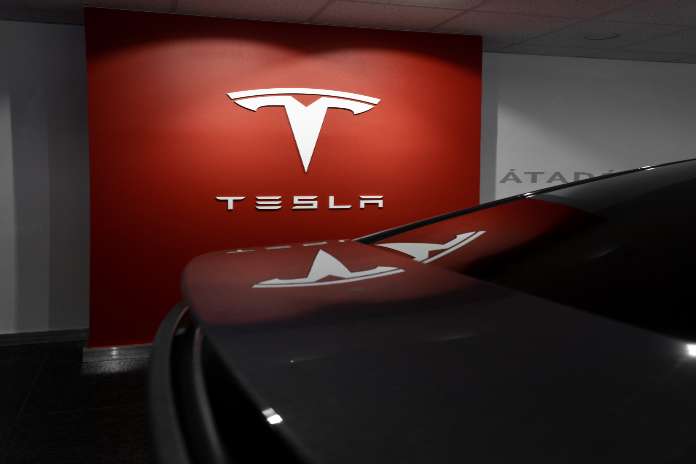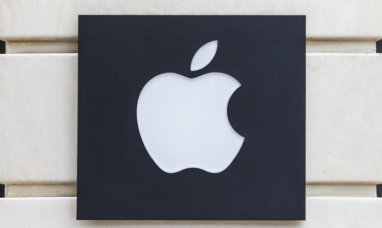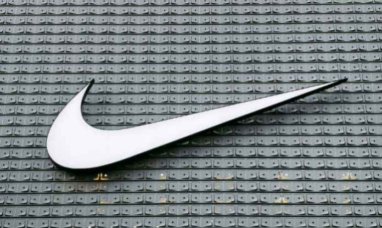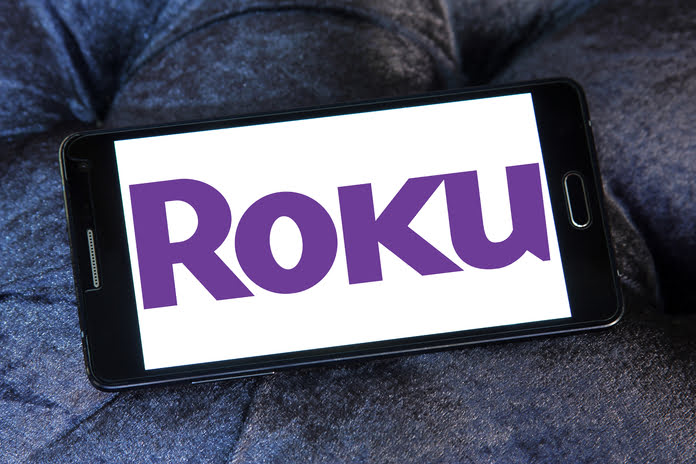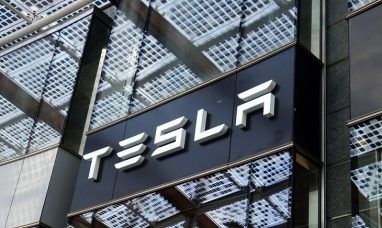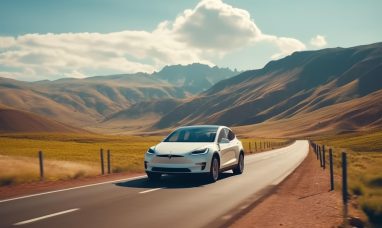Tesla stock (NASDAQ:TSLA) faced a 4% decline on July 20, following the carmaker’s warning of further blows to its already shrinking profitability.
Tesla, the renowned electric vehicle manufacturer founded by Elon Musk, has become a global leader in the automotive industry. Known for its cutting-edge technology and innovative approach, Tesla has revolutionized the way people view electric cars. With its sleek and futuristic designs, high-performance capabilities, and long-range battery options, Tesla vehicles have garnered a loyal fan base and widespread acclaim. However, the company’s latest quarterly results disappointed investors.
Elon Musk, the CEO of Tesla, expressed concern about the impact of rising interest rates on the company’s electric vehicles’ prices. He stated that if interest rates continue to rise, Tesla will have no choice but to continue lowering its vehicle prices. The prolonged period of markdowns has already taken a toll on the automotive gross margin, causing it to hit a four-year low in the second quarter.
In addition to the pricing challenges, Tesla is actively investing in new models, including the delayed Cybertruck and the in-house supercomputer, Dojo. Musk disclosed that the company is allocating at least US$1 billion to Dojo by the end of next year. While Tesla is on track to produce approximately 1.8 million vehicles in 2023, production will experience a dip in this quarter due to ongoing factory upgrades.
Despite Elon Musk downplaying the thinner profit margins as short-term speed bumps and emphasizing their focus on making more vehicles, investors responded negatively, leading to a Tesla stock drop of up to 4.2% before regular trading began.
Musk defended its strategy of prioritizing vehicle production over maintaining higher margins, explaining that they expect a significant valuation increase in the future. He believes that Tesla’s eventual offering of autonomous-driving capability will enhance the value of the cars that have already been sold.
While Tesla’s earnings per share and revenue exceeded expectations, analysts expressed concerns that the results undermine confidence in the bottoming out of margins. The company reported a profit of 91 cents U.S. per share (excluding some items), surpassing analysts’ estimated 81 cents U.S. Revenue saw a 47 percent increase, reaching US$24.9 billion, which was better than the consensus expectation of US$24.5 billion.
In January, Tesla’s CFO, Zachary Kirkhorn, had initially projected to maintain an automotive gross margin of over 20 percent, excluding regulatory credits’ revenue. However, in April, this forecast was revised due to the company falling below the threshold at the start of the year. Last quarter, automotive gross margin (excluding credits) slipped further to 18.1 percent, marking the lowest figure since the second quarter of 2019.
Tesla faces additional challenges with a growing inventory of cars. The company now holds 16 days’ worth of supply globally, up from 15 days in the last quarter and only four days a year ago. Despite offering significant discounts on its top-selling models and various perks, such as free charging for customers, the inventory buildup persists.
Elon Musk refrained from providing precise details about the extent of Tesla’s production drop in the third quarter. Earlier this year, he had mentioned the potential for producing close to two million cars in 2023.
Regarding the highly-anticipated Cybertruck, analysts believe it could support Tesla’s sales growth. However, the pickup will not be available in large volumes until next year. Tesla recently clarified that the Cybertrucks currently being built are “release candidates” and not intended for sale. The company did not disclose updates about pricing or specifications but reiterated its plan to commence deliveries later this year.
Musk also discussed Tesla’s progress towards potentially making its driver-assistance software available to other automakers. The CEO revealed that the company is in early discussions about licensing its system to a major manufacturer, though the specific name was not disclosed.
Featured Image: Unsplash









